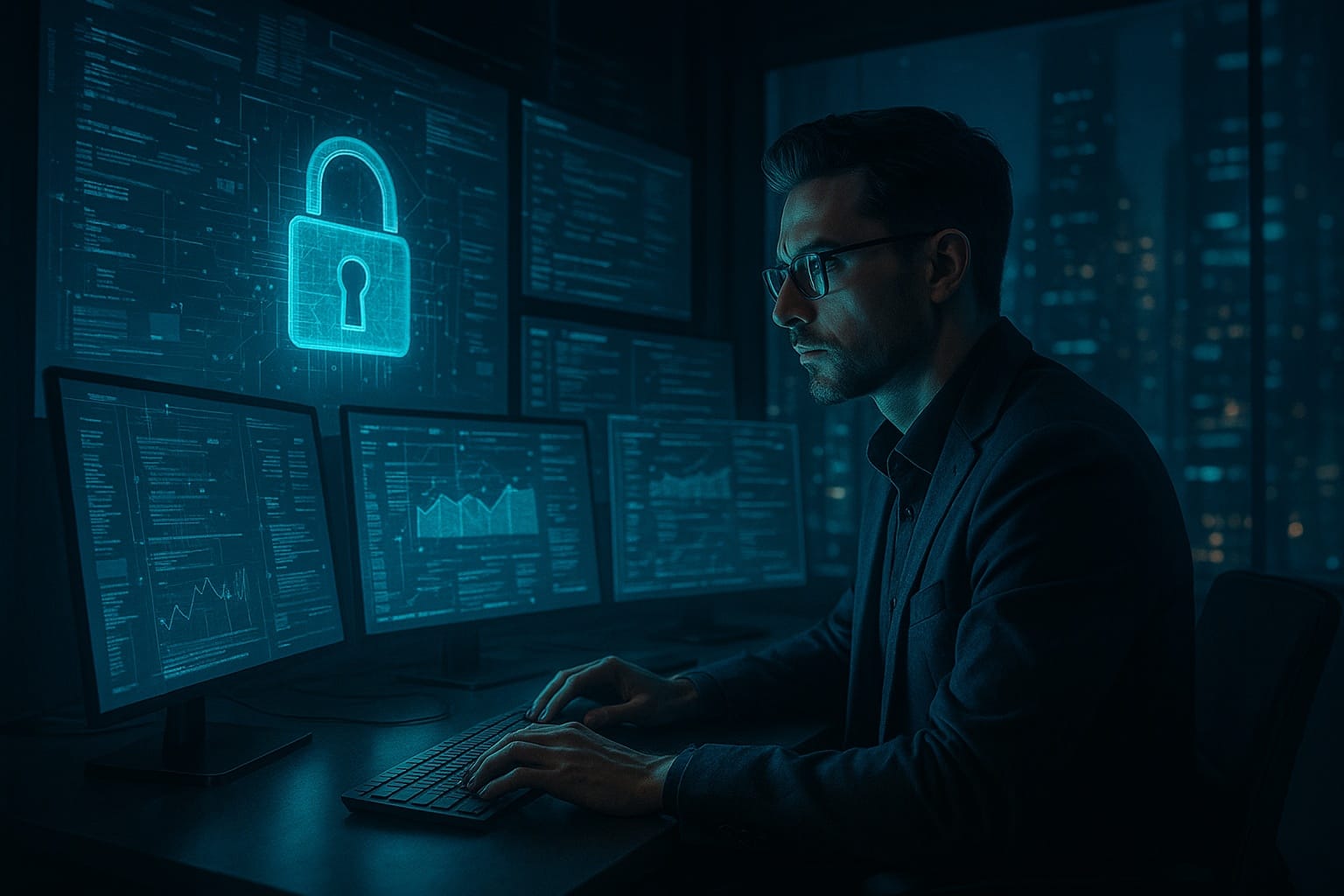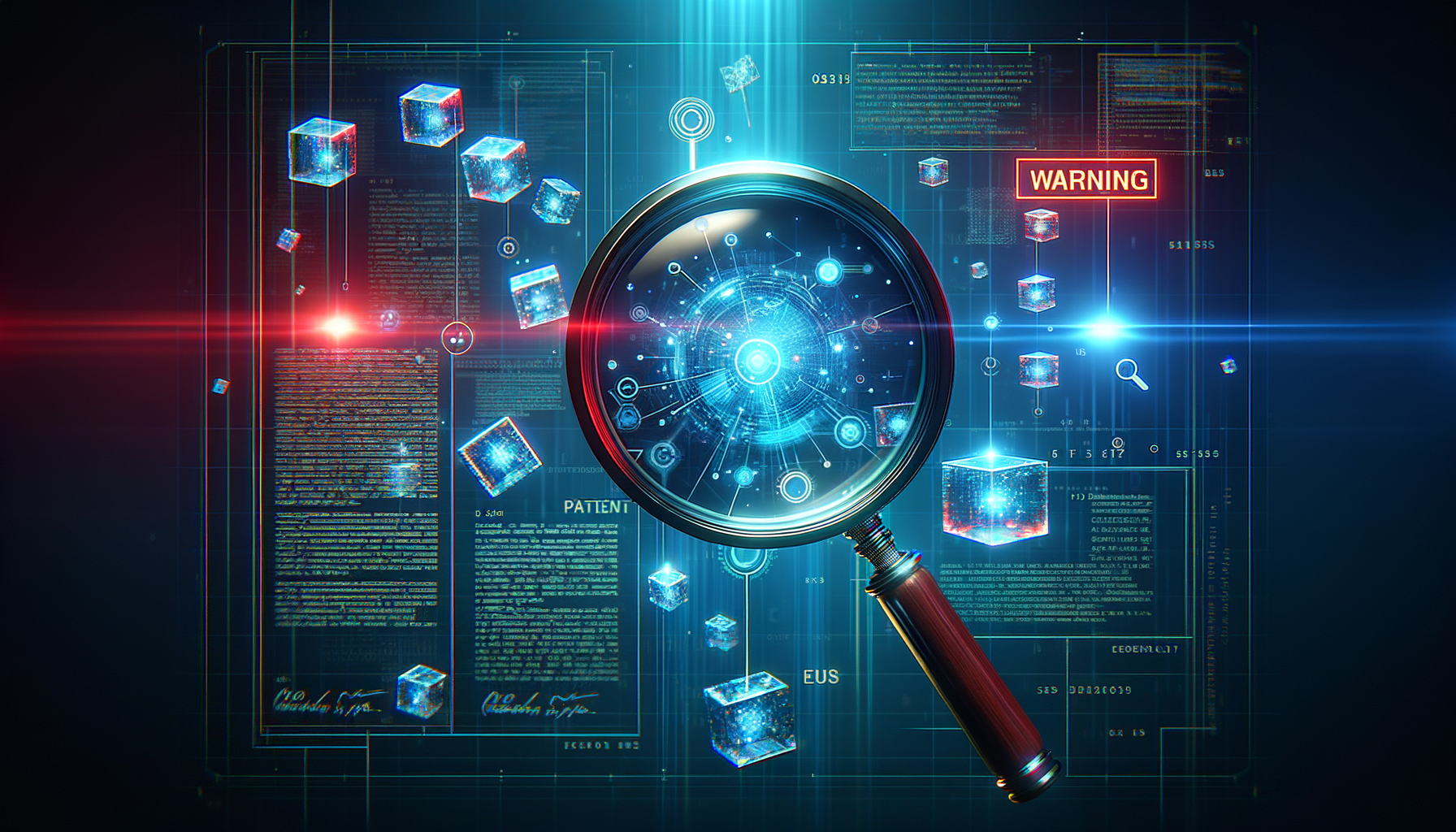Cybersecurity Expert Witness: Navigating Data Privacy Litigation

Introduction to Cybersecurity Expert Witness Roles
As data privacy litigation surges, the demand for cybersecurity expert witness consultants has grown significantly. These professionals provide critical insights in legal cases involving data breaches, privacy violations, and compliance with evolving regulations. This article explores the role of cybersecurity expert witnesses, focusing on key trends, regulations, and strategies to mitigate litigation risks for businesses.
Rising Data Privacy Litigation: Why Cybersecurity Experts Are Essential
Cybersecurity experts predict a sharp increase in class action lawsuits targeting data privacy issues, including tracking cookies, chatbots, voice authentication, and fraud prevention systems. The shift from a “harms-prevention-based” model to a “rights-based” approach in U.S. state laws has heightened scrutiny on how businesses collect, store, and share personal data. A cybersecurity expert witness plays a pivotal role in these cases by analyzing technical evidence, assessing compliance, and providing expert testimony to clarify complex issues for courts.
Why Data Privacy Litigation Is Increasing
- Increased Online Activity: As more business and personal interactions occur online, concerns about data security risks have intensified.
- Frequent Cyberattacks: Data breaches are more common, raising questions about how organizations handle personal information.
- Evolving Legal Landscape: New state laws and shifting regulations demand greater transparency and accountability, making expert witnesses critical for navigating disputes.
Key Data Privacy Regulations Impacting Businesses
Unlike the European Union’s General Data Protection Regulation (GDPR) or China’s Personal Information Protection Law (PIPL), the U.S. lacks a comprehensive federal data privacy law. Instead, a patchwork of federal and state regulations governs data protection, creating complexity for businesses. A cybersecurity expert witness can help interpret these laws in legal proceedings. Notable regulations include:
- U.S. Privacy Act of 1974: Governs how federal agencies collect, use, and share personal data.
- HIPAA: Sets standards for protecting medical records and ensuring confidentiality.
- COPPA (1998): Regulates the collection of personal information from children under 13.
- California Privacy Rights Act (CPRA): Effective in 2023, this law emphasizes transparency in privacy policies and aligns with GDPR’s rights-based approach.
- Other State Laws: Colorado, Connecticut, Utah, and Virginia have introduced GDPR-inspired statutes in 2023, increasing compliance requirements.
These regulations underscore the need for businesses to maintain robust data privacy policies, with cybersecurity expert witnesses often called upon to evaluate compliance in litigation.
Core Rights Under New Data Privacy Laws
New state laws grant consumers specific rights, which businesses must address to avoid legal challenges. A cybersecurity expert witness can assess whether companies meet these obligations:
- Access: Consumers can request to view their personal data.
- Disclosure: Businesses must provide detailed policies on collecting, using, and sharing sensitive data like biometrics and geolocation.
- Portability: Individuals can request their data be transferred to another entity.
- Consent: Consumers must explicitly agree to data sharing or targeted advertising, with passive consent no longer sufficient.
The Better Business Bureau emphasizes that affirmative consent—through clear, meaningful notices—is critical. Expert witnesses often analyze whether companies meet these standards in court cases.
How Businesses Can Minimize Litigation Risks
To reduce legal exposure, businesses should adopt proactive measures, with guidance from cybersecurity experts. Here are actionable steps:
- Monitor State Regulations: Stay updated on evolving data privacy laws and their impact on your organization.
- Enhance Transparency: Provide clear, detailed disclosures about the use of personal data, such as geolocation or biometrics.
- Secure Explicit Consent: Obtain affirmative user consent before sharing data with third parties or advertisers.
- Ensure AI Compliance: Verify that AI and machine learning tools, including chatbots, comply with CPRA and other privacy regulations.
A cybersecurity expert witness can assist by auditing systems, identifying vulnerabilities, and ensuring compliance with these standards, reducing the risk of costly lawsuits.
The Role of a Cybersecurity Expert Witness
A cybersecurity expert witness provides specialized knowledge in legal disputes, offering services such as:
- Technical Analysis: Evaluating systems for compliance with data privacy laws.
- Expert Testimony: Explaining complex cybersecurity concepts to judges and juries.
- Compliance Audits: Assessing whether businesses adhere to state and federal regulations.
- Litigation Support: Helping attorneys build cases by analyzing evidence of data breaches or privacy violations.
By leveraging their expertise, businesses can strengthen their legal defenses and demonstrate due diligence in protecting consumer data.
Conclusion: Partnering with Cybersecurity Experts
As data privacy laws evolve, businesses face increased scrutiny and litigation risks. Engaging a cybersecurity expert witness ensures compliance with complex regulations and strengthens legal defenses in data privacy disputes. For expert guidance, contact Sidespin Group to implement robust data privacy policies and safeguard your business.
Written by
Related Insights
Discuss your Case
- info@sidespingroup.com
- (800) 510-6844
- Monday – Friday
- 8am – 6pm PT
- 11am – 9pm ET


